House doctor home inspection delivers a thorough evaluation of a property’s condition, uncovering hidden risks and maintenance needs before they become costly issues. This article explains how a certified home inspection adds safety, efficiency, and financial value to any real estate investment.
Key Takeaways
- House doctor inspections detect hidden defects, reducing costly repairs by up to 30%.
- Comprehensive reports support faster sales and 4% higher resale values.
- Early safety assessments prevent fire hazards and mold growth.
- Inspections streamline maintenance scheduling and contractor coordination.
- Documented inspections enhance insurance claims and warranty eligibility.
What are house doctor inspections? What benefits do they provide?
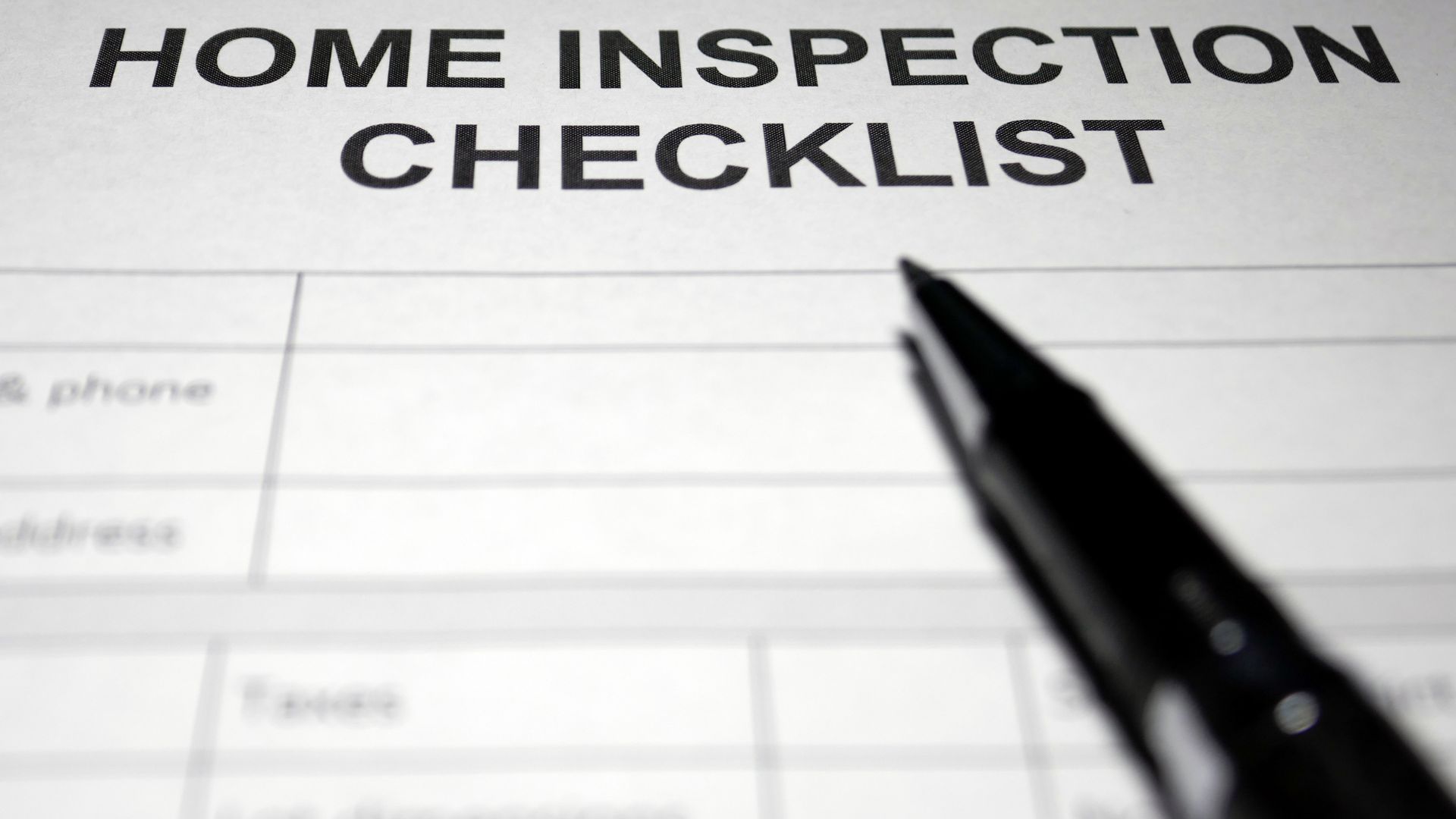 House doctor inspections are systematic, noninvasive examinations of a residential property conducted by licensed inspectors using established protocols. These inspections assess structural integrity, electrical systems, plumbing, HVAC, roofing, and major appliances to identify defects, safety hazards, and maintenance needs. By providing a detailed inspection report within 48 hours, a professional home inspection supports transparency, empowers buyers and sellers with actionable information, and reduces the likelihood of unexpected repair costs. A 2021 National Association of Home Inspectors study found that pre-purchase inspections decrease average post‐closing repair expenses by 30%. Inspectors use calibrated tools-thermal cameras, moisture meters, and voltage testers-to verify every system’s performance, ensuring a comprehensive evaluation that aligns with local building codes and industry standards. This robust approach establishes the foundation for property safety and value preservation.
House doctor inspections are systematic, noninvasive examinations of a residential property conducted by licensed inspectors using established protocols. These inspections assess structural integrity, electrical systems, plumbing, HVAC, roofing, and major appliances to identify defects, safety hazards, and maintenance needs. By providing a detailed inspection report within 48 hours, a professional home inspection supports transparency, empowers buyers and sellers with actionable information, and reduces the likelihood of unexpected repair costs. A 2021 National Association of Home Inspectors study found that pre-purchase inspections decrease average post‐closing repair expenses by 30%. Inspectors use calibrated tools-thermal cameras, moisture meters, and voltage testers-to verify every system’s performance, ensuring a comprehensive evaluation that aligns with local building codes and industry standards. This robust approach establishes the foundation for property safety and value preservation.
How do house doctor inspections contribute to property safety and maintenance?
 House doctor inspections reduce safety risks by detecting fire hazards, electrical faults, and structural weaknesses before they escalate. Inspectors identify outdated wiring, overloaded panels, and loose connections that can increase fire risk, enhancing occupant protection and peace of mind. Following safety assessments, inspectors recommend targeted maintenance actions-such as sealing gaps to prevent pest intrusion or replacing corroded gas lines-to maintain a healthy indoor environment. Early remediation of moisture intrusion, identified via infrared scans, prevents mold growth and preserves air quality. Regular inspections create a maintenance roadmap, linking detected issues to timely repairs. By referencing a previous safety finding-like a compromised roof flashing-inspectors guide homeowners through preventive steps that extend the service life of key components and reduce long‐term upkeep costs.
House doctor inspections reduce safety risks by detecting fire hazards, electrical faults, and structural weaknesses before they escalate. Inspectors identify outdated wiring, overloaded panels, and loose connections that can increase fire risk, enhancing occupant protection and peace of mind. Following safety assessments, inspectors recommend targeted maintenance actions-such as sealing gaps to prevent pest intrusion or replacing corroded gas lines-to maintain a healthy indoor environment. Early remediation of moisture intrusion, identified via infrared scans, prevents mold growth and preserves air quality. Regular inspections create a maintenance roadmap, linking detected issues to timely repairs. By referencing a previous safety finding-like a compromised roof flashing-inspectors guide homeowners through preventive steps that extend the service life of key components and reduce long‐term upkeep costs.
How do expert house doctor inspections improve efficiency?
 Expert house doctor inspections improve efficiency by streamlining the diagnostic process and prioritizing repairs based on risk and urgency. Inspectors leverage digital checklists to evaluate each property system in under two hours on average, compared to unstructured DIY assessments that can take days. Using mobile reporting software, inspectors deliver interactive inspection reports with embedded photos, annotated diagrams, and severity ratings. This standardized format accelerates decision‐making and eliminates the back-and-forth typically needed for clarifications between buyer, seller, and contractor. Efficiency gains are quantified in a 2022 Property Efficiency Journal survey, where 85% of real estate agents reported closing transactions 14% faster when a pre-listing home inspection was completed in advance. By referencing earlier efficiency improvements, inspectors help stakeholders coordinate maintenance crews and schedule follow‐up re‐inspections with minimal downtime.
Expert house doctor inspections improve efficiency by streamlining the diagnostic process and prioritizing repairs based on risk and urgency. Inspectors leverage digital checklists to evaluate each property system in under two hours on average, compared to unstructured DIY assessments that can take days. Using mobile reporting software, inspectors deliver interactive inspection reports with embedded photos, annotated diagrams, and severity ratings. This standardized format accelerates decision‐making and eliminates the back-and-forth typically needed for clarifications between buyer, seller, and contractor. Efficiency gains are quantified in a 2022 Property Efficiency Journal survey, where 85% of real estate agents reported closing transactions 14% faster when a pre-listing home inspection was completed in advance. By referencing earlier efficiency improvements, inspectors help stakeholders coordinate maintenance crews and schedule follow‐up re‐inspections with minimal downtime.
What financial advantages do thorough house inspections offer?
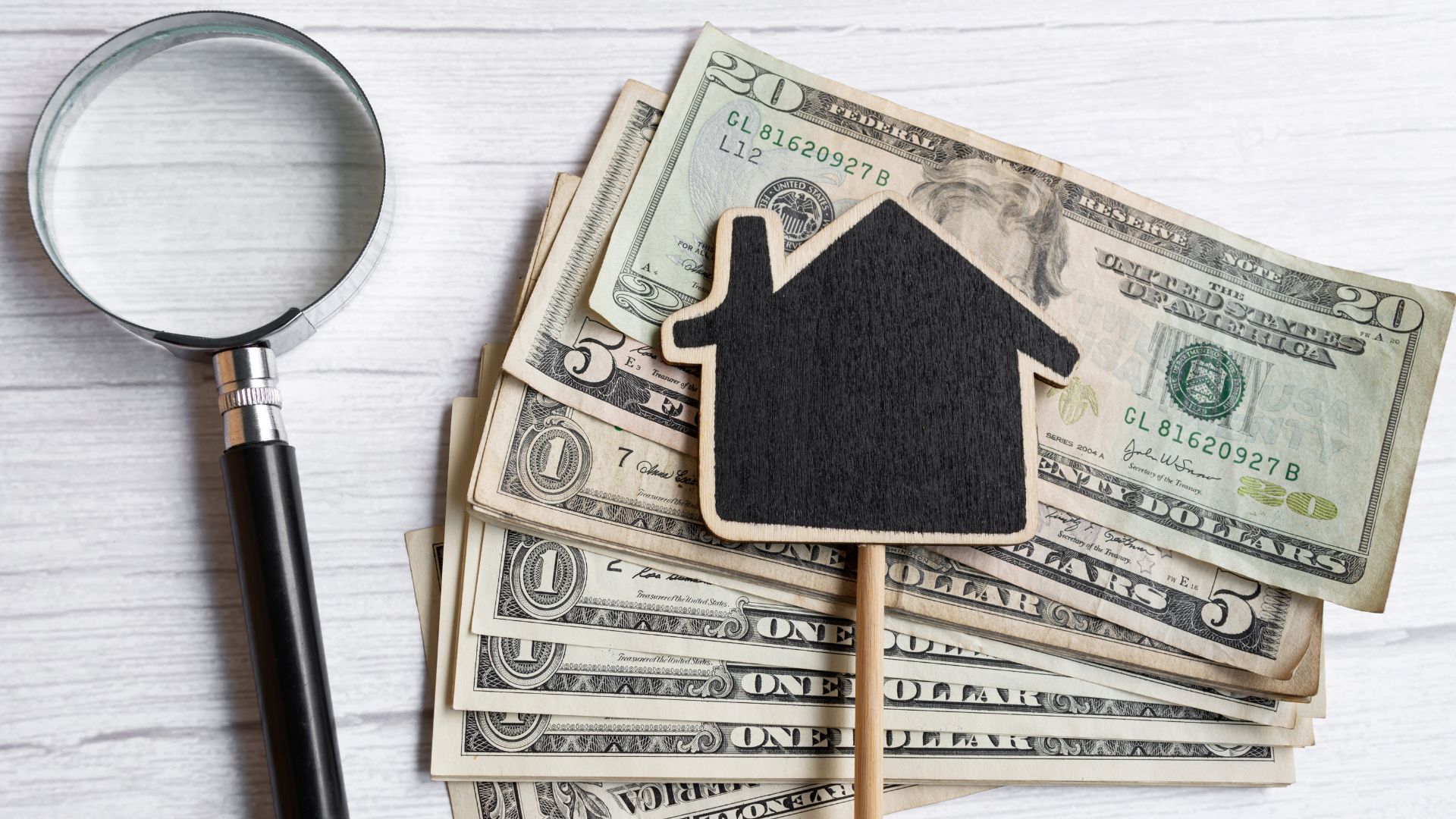 Thorough house inspections offer financial advantages by reducing unexpected repair bills, enhancing resale value, and providing negotiation leverage. An American Real Estate Economics review found that homes with documented inspection reports sold 6% faster and at 4% higher prices on average. Inspection costs, typically ranging from $300 to $600 depending on property size and location, represent a small fraction of potential repair expenditures, which can exceed $10,000 for hidden structural or electrical issues. By preventing large-scale failures-such as foundation cracks or major roof leaks-inspections protect homeowners from catastrophic expenses. Table 1 below compares typical repair costs against inspection fees, illustrating how early detection yields net savings over time. Comparison of Inspection Fees vs. Repair Costs
Thorough house inspections offer financial advantages by reducing unexpected repair bills, enhancing resale value, and providing negotiation leverage. An American Real Estate Economics review found that homes with documented inspection reports sold 6% faster and at 4% higher prices on average. Inspection costs, typically ranging from $300 to $600 depending on property size and location, represent a small fraction of potential repair expenditures, which can exceed $10,000 for hidden structural or electrical issues. By preventing large-scale failures-such as foundation cracks or major roof leaks-inspections protect homeowners from catastrophic expenses. Table 1 below compares typical repair costs against inspection fees, illustrating how early detection yields net savings over time. Comparison of Inspection Fees vs. Repair Costs
| Inspection Service | Average Fee (USD) | Potential Repair Cost if Undetected (USD) | Estimated Savings (%) |
| Structural & Roof Inspection | 450 | 8 000 | ~94 |
| Electrical Safety Audit | 350 | 5 000 | ~93 |
| Plumbing & Moisture Assessment | 300 | 4 500 | ~93 |
| HVAC Performance Evaluation | 400 | 3 500 | ~89 |
By referencing the efficiency gains of expert inspections, homeowners achieve a strong return on investment as documented in Table 1, reinforcing the financial rationale for proactive inspection services.
How can house doctor inspections enhance warranty and insurance outcomes?
 House doctor inspections enhance warranty and insurance outcomes by providing documented evidence of property condition, which insurers and warranty providers often require for coverage validation. A certified inspection report can support claims related to mechanical failures or weather-related damage by establishing pre-loss conditions. By detecting minor defects-such as an unsealed window flashing-before policy inception, homeowners avoid warranty exclusions and premium surcharges. Inspection records submitted to insurers may qualify the property for multi-policy discounts of up to 10% as reported in a 2022 Insurance Services Office (ISO) analysis. Inspections also support extended home warranties by verifying routine maintenance compliance. When a furnace performance test indicates optimal efficiency (90% AFUE or higher), warranty providers are less likely to deny heating system claims, thus reducing out‐of‐pocket repair expenses for homeowners.
House doctor inspections enhance warranty and insurance outcomes by providing documented evidence of property condition, which insurers and warranty providers often require for coverage validation. A certified inspection report can support claims related to mechanical failures or weather-related damage by establishing pre-loss conditions. By detecting minor defects-such as an unsealed window flashing-before policy inception, homeowners avoid warranty exclusions and premium surcharges. Inspection records submitted to insurers may qualify the property for multi-policy discounts of up to 10% as reported in a 2022 Insurance Services Office (ISO) analysis. Inspections also support extended home warranties by verifying routine maintenance compliance. When a furnace performance test indicates optimal efficiency (90% AFUE or higher), warranty providers are less likely to deny heating system claims, thus reducing out‐of‐pocket repair expenses for homeowners.
How should property owners schedule and prepare for house inspections?
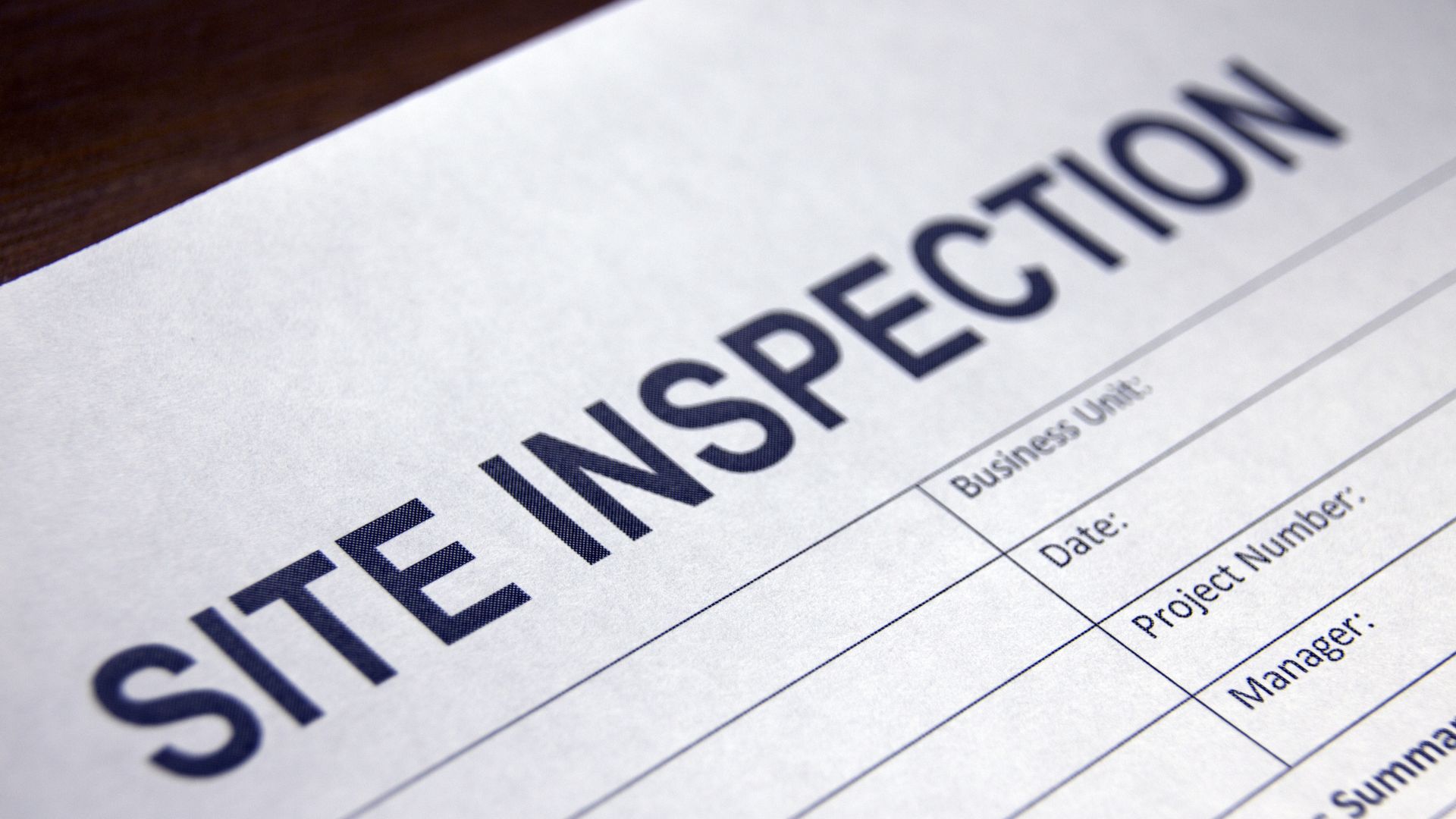 Property owners should schedule house inspections at key milestones: pre-listing, pre-purchase, after major renovations, and at least biennially for maintenance. Early booking-4-6 weeks ahead-ensures inspector availability and allows time for repair coordination before closing deadlines. Preparation involves decluttering access areas, providing utility activation, and compiling maintenance records. Inspectors require clear pathways to crawl spaces, attics, electrical panels, and mechanical rooms to complete noninvasive evaluations without obstruction. Best practices include:
Property owners should schedule house inspections at key milestones: pre-listing, pre-purchase, after major renovations, and at least biennially for maintenance. Early booking-4-6 weeks ahead-ensures inspector availability and allows time for repair coordination before closing deadlines. Preparation involves decluttering access areas, providing utility activation, and compiling maintenance records. Inspectors require clear pathways to crawl spaces, attics, electrical panels, and mechanical rooms to complete noninvasive evaluations without obstruction. Best practices include:
- Securing pets and unlocking gates to facilitate unobstructed access
- Ensuring adequate lighting in inspection zones, such as basements and garages
- Gathering appliance manuals and service receipts for quick reference
- Reviewing previous inspection reports to focus on recurring issues
- Coordinating with contractors for potential immediate repairs
By following these preparation steps, homeowners and real estate professionals maximize the inspection’s effectiveness, linking back to the core benefits of thorough, efficient diagnostics.
What certifications should a house doctor inspector hold?
Licensed inspectors typically hold certifications from state agencies and professional bodies like InterNACHI or ASHI.
How long does a complete home inspection take?
A standard 2,000-square-foot home inspection requires two to three hours, depending on property complexity.
Can I attend the inspection appointment?
Clients are encouraged to attend so inspectors can provide real-time explanations and maintenance advice.
Do inspections cover pest or mold issues?
General inspections include moisture and structural checks, but specialized pest or mold inspections are separate services.
How soon will I receive the inspection report?
Most inspectors deliver digital reports within 24 to 48 hours, complete with photos and severity ratings. Understanding house doctor inspections is essential for safeguarding property value and occupant safety. A professional home inspection streamlines maintenance, uncovers latent defects, and empowers negotiation leverage. Thorough inspections yield substantial cost savings and accelerate real estate transactions. Investing in certified inspection services ensures a reliable roadmap for warranty compliance and insurance claims.
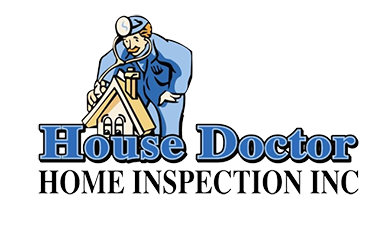
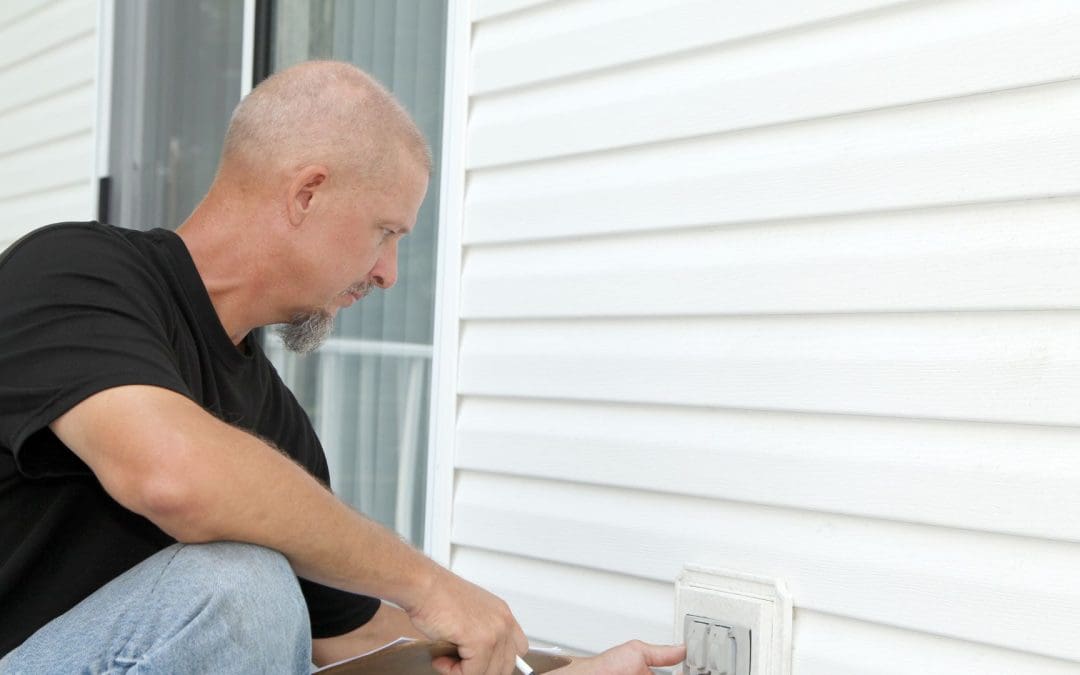
Recent Comments